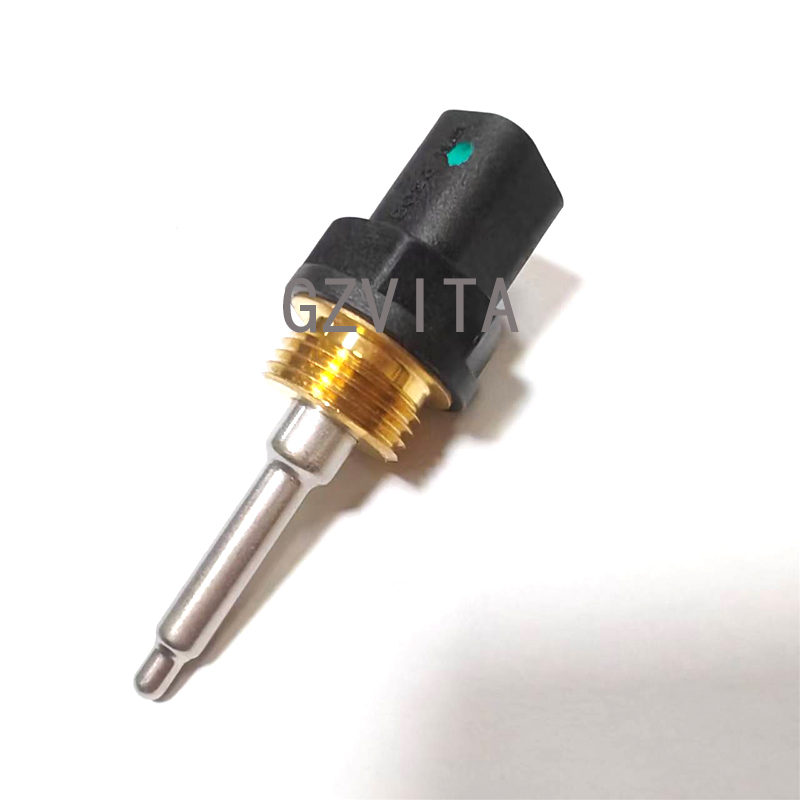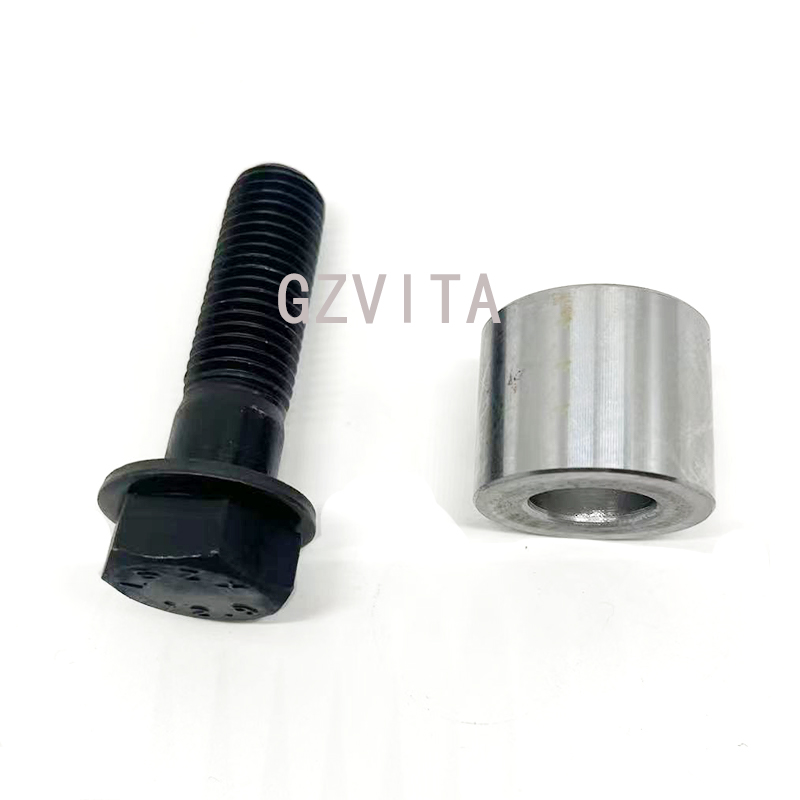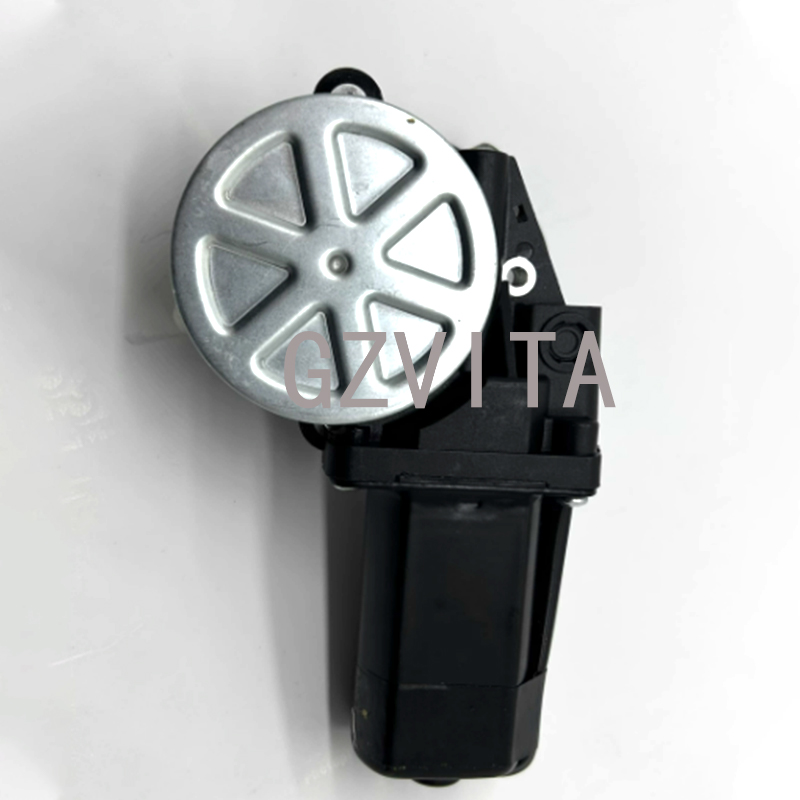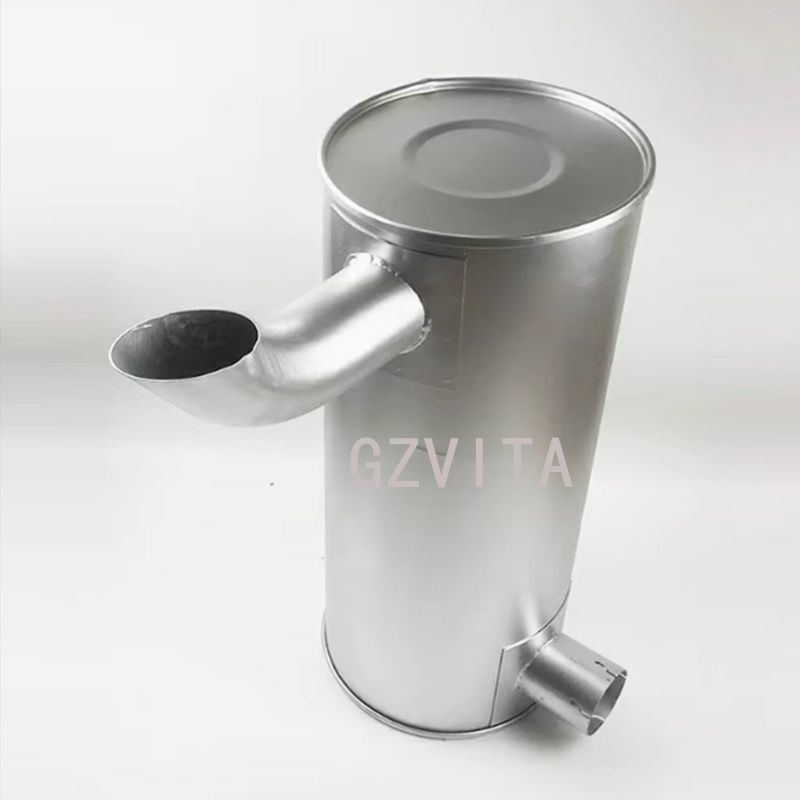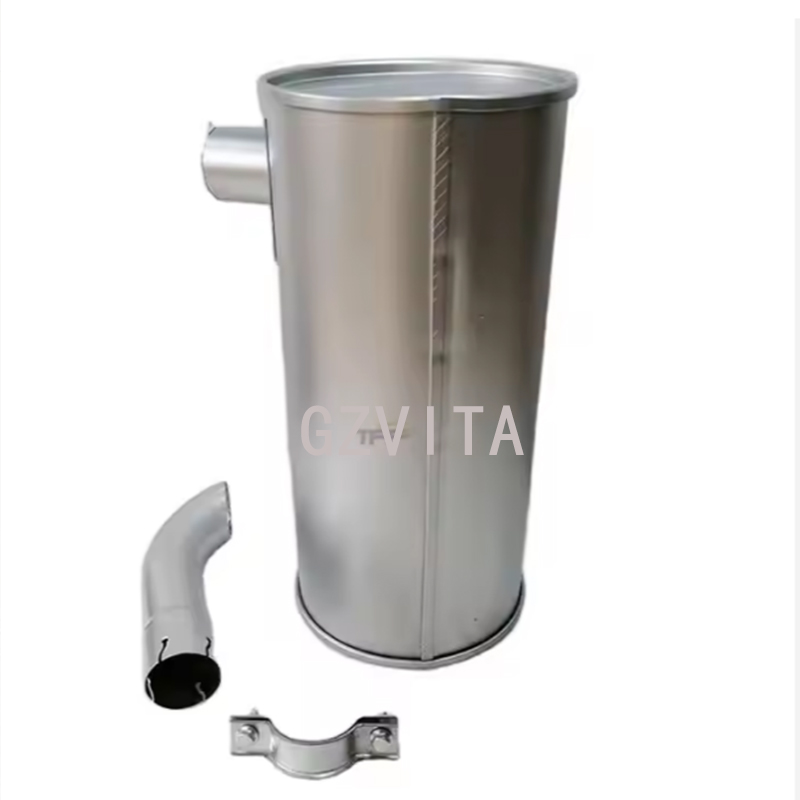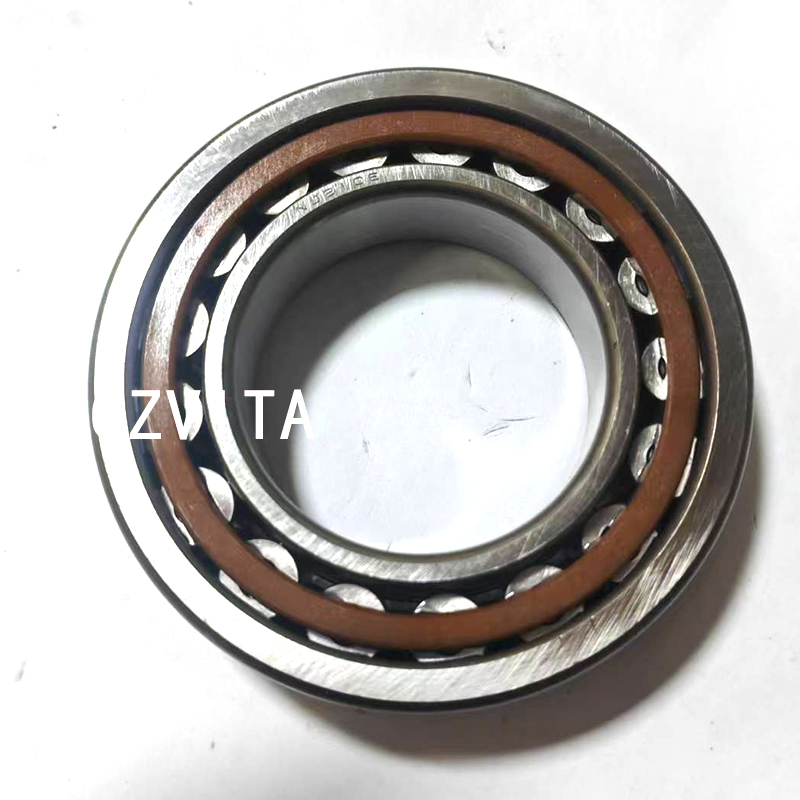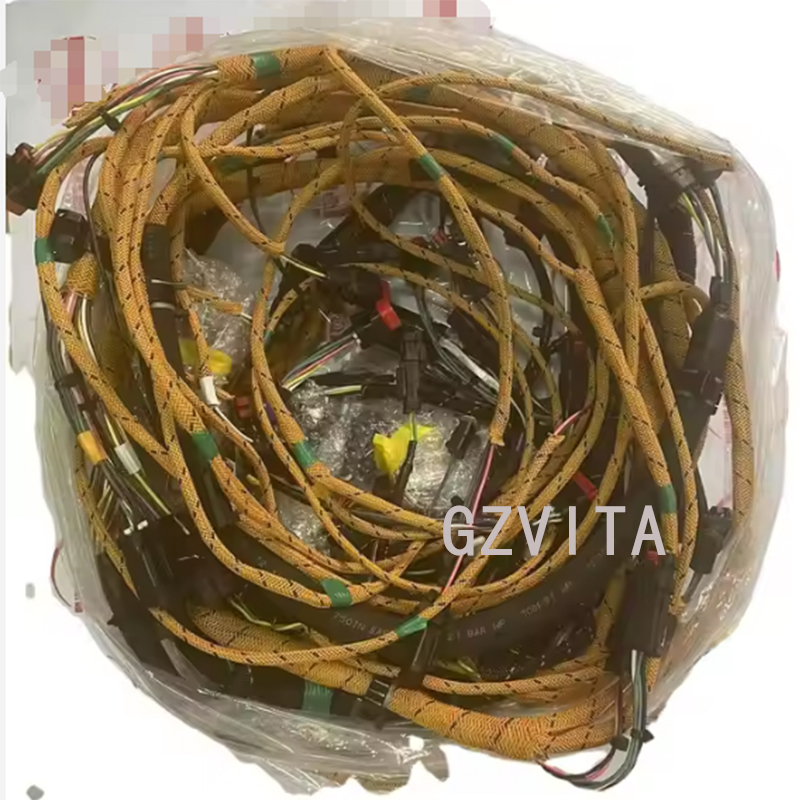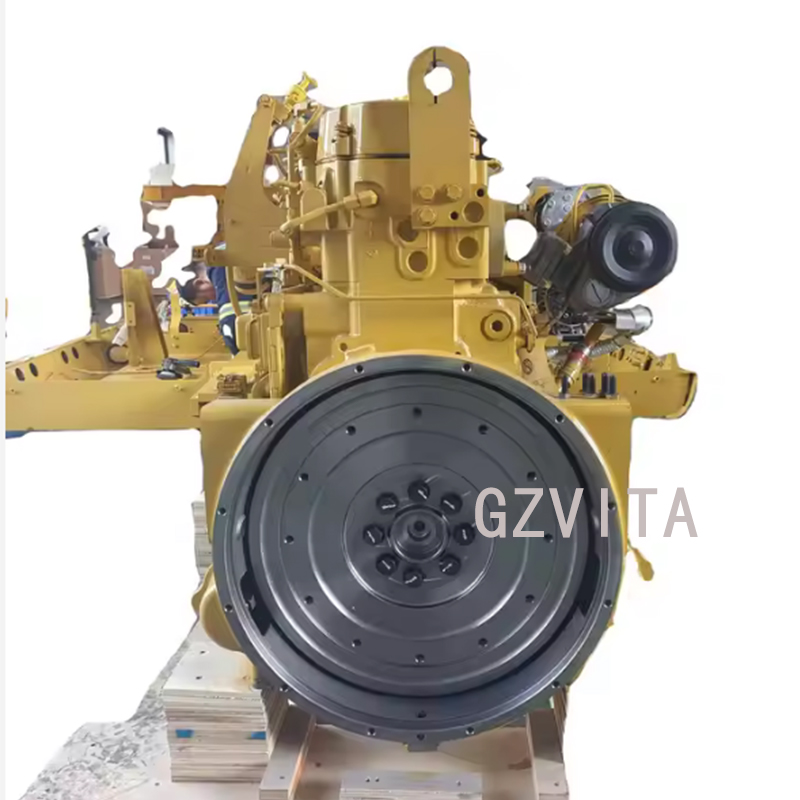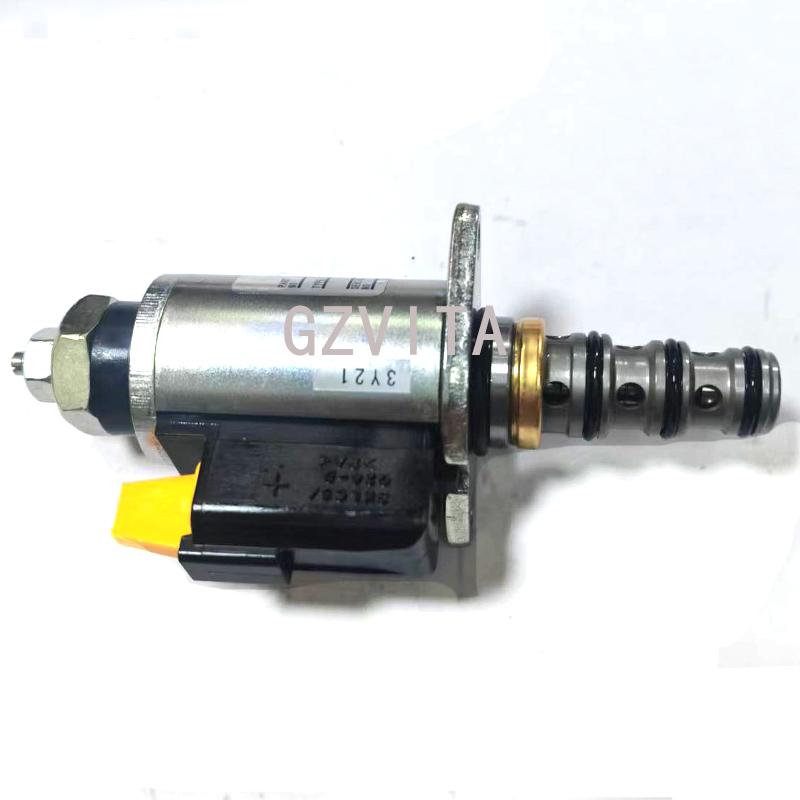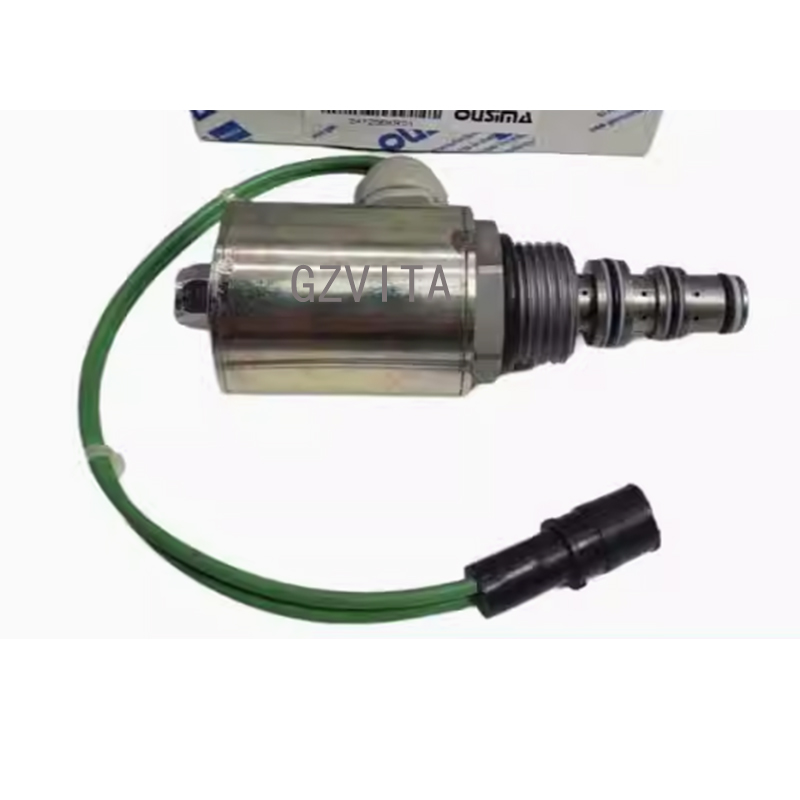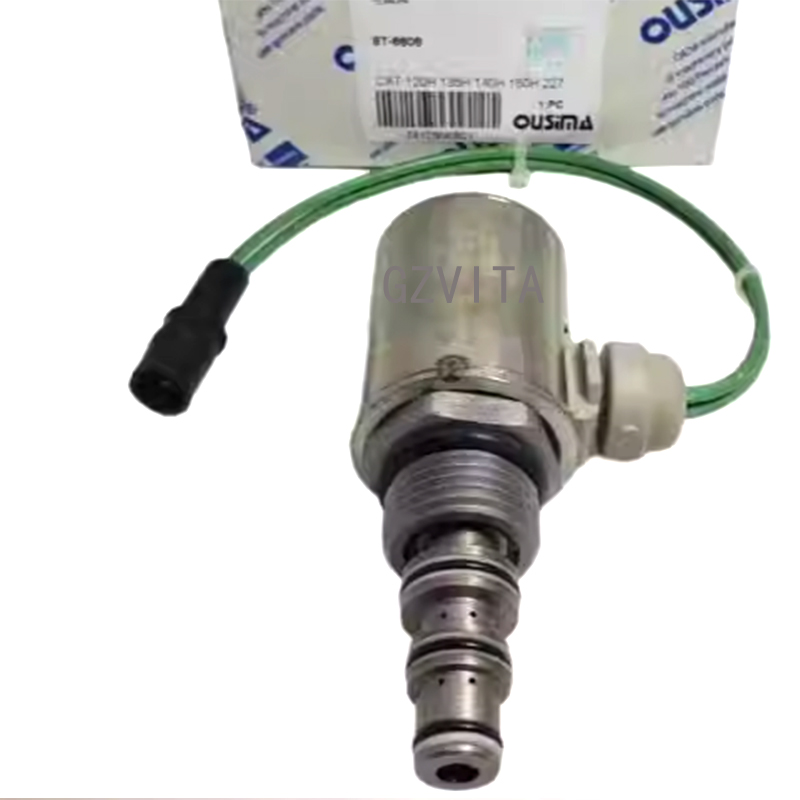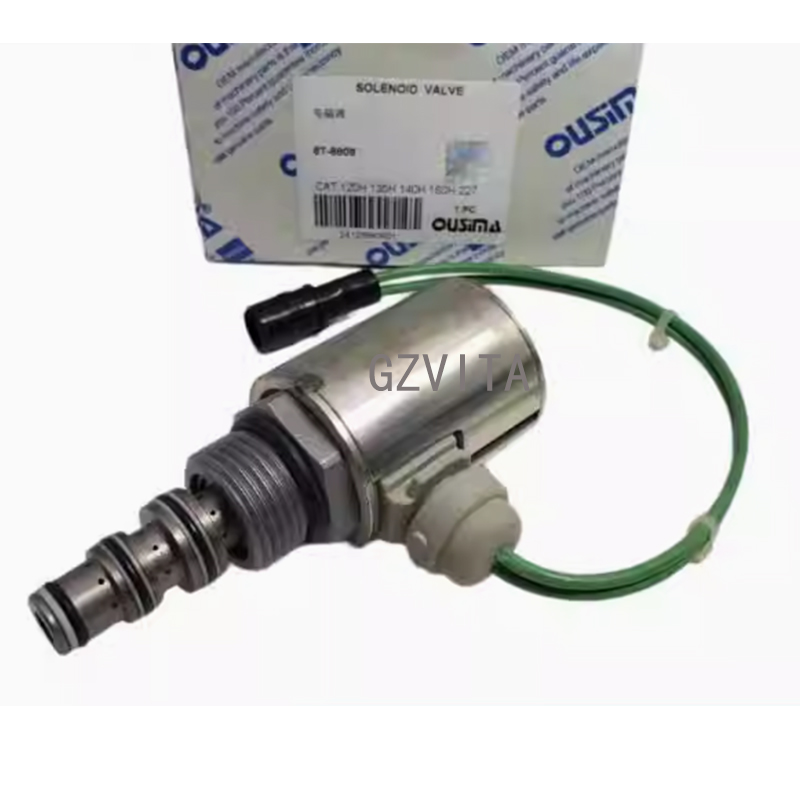 +86 13794985240
+86 13794985240
Solenoid Valve assembly 8T-8808 For Motor Grader 120H 143H
Testing the solenoid valve in an excavator is crucial for several reasons.
Here’s an overview of the importance of this testing:
Importance of Testing the Solenoid Valve for an Excavator
Ensures Proper Functionality:
The solenoid valve controls the flow of hydraulic fluid in the excavator’s hydraulic system. Testing ensures that the valve operates correctly, allowing for proper movement and function of the excavator’s components.
Prevents Hydraulic System Failures:
A malfunctioning solenoid valve can lead to hydraulic system failures, which may cause the excavator to operate inefficiently or not at all. Regular testing helps identify issues before they lead to significant breakdowns.
Enhances Safety:
Hydraulic systems operate under high pressure, and a faulty solenoid valve can lead to dangerous situations, such as uncontrolled movements or leaks. Testing helps ensure that the system operates safely, protecting both the operator and the equipment.
Improves Performance:
A well-functioning solenoid valve contributes to the overall performance of the excavator. Testing can help maintain optimal performance levels, ensuring that the machine operates smoothly and efficiently.
Reduces Downtime:
Regular testing and maintenance of solenoid valves can help identify potential issues early, reducing the likelihood of unexpected breakdowns and minimizing downtime. This is crucial for maintaining productivity on job sites.
Cost-Effectiveness:
Identifying and addressing solenoid valve issues early can save on costly repairs and replacements. Regular testing can help extend the lifespan of the hydraulic system and its components.
Compliance with Maintenance Schedules:
Many manufacturers recommend regular testing of solenoid valves as part of routine maintenance. Adhering to these schedules helps ensure compliance with warranty requirements and operational standards.
Diagnostic Tool:
Testing the solenoid valve can serve as a diagnostic tool to assess the health of the entire hydraulic system. It can help pinpoint issues related to pressure, flow, and overall system performance.
Testing Procedures
When testing a solenoid valve, consider the following procedures:
Visual Inspection: Check for any visible signs of damage, leaks, or corrosion.
Electrical Testing: Use a multimeter to check the solenoid’s resistance and ensure it receives the correct voltage.
Functional Testing: Activate the solenoid valve and observe its operation. Ensure it opens and closes as expected.
Pressure Testing: If applicable, test the hydraulic pressure to ensure the solenoid valve is regulating




